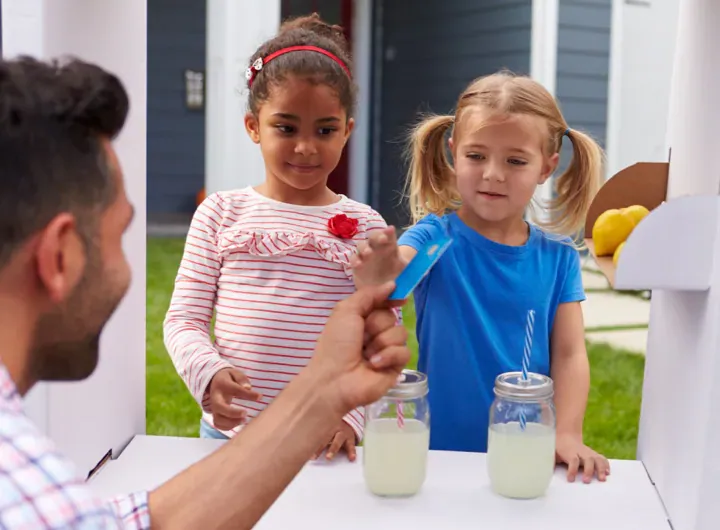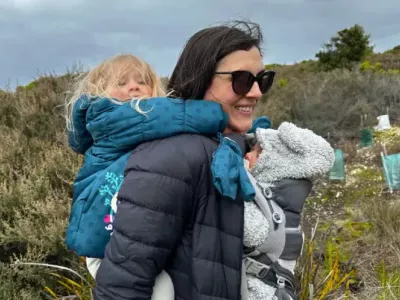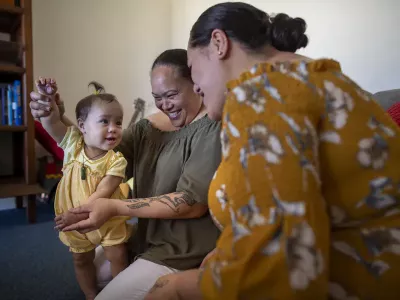Mindful Money Awareness For Children

Children usually show an interest in money at a young age. And why wouldn't they? Money can buy all sorts of things, not to mention that new and exciting toy. But it's important to help them understand where money comes from, what it does and why saving matters. Whether your child is a toddler, pre-schooler or in school, there are plenty of simple, everyday ways to teach them about money, create good habits and help them develop a key life skill.
Lead by positive example:
Parents and carers can do a lot to support kids in developing a mindful relationship with money, simply through role modelling. After all, children are excellent observers who learn a lot simply by watching the people around them. It can be helpful to consider your own reactions and responses to saving, budgeting, finances and spending in general. What cues, attitudes and beliefs are they picking up from you? More than a swipe:
In today's world where digital payments have become the norm, it's understandable that children might think all it takes is a ‘tap’ to pay for things magically. If only! Try to have relaxed and positive conversations about where the money comes from so they can make the connection. It might take time for them to get this concept. But it’s never too early to help them understand money doesn’t grow on trees – or cards and apps.
Get them involved:
Children are always learning. And while they won’t fully understand the ins-and-out of money management just yet, you can lay the groundwork at any age. Simple conversations about family budgeting and how money covers necessities like food, clothes and housing can make a big difference. Involving them in real-life situations, like grocery shopping, can also help them learn about the cost of things, budgeting and planning. Deciding which items are better value can be a valuable learning experience – remember to thank them when they help you make the right decision. Many young children also love to play 'shops', and as they get older, board games like Monopoly can be a fun way to get them to make (and understand the consequences of) money-related decisions. Plus, playing games together can boost your bond, so it's a win-win.
Goal setting and saving:
Piggy banks and money jars are an ideal starting point to encourage children to develop a sense of ownership and responsibility. Watching their savings grow can be fun – remember to praise them when they make progress. For older children, earning pocket money by doing basic jobs around the house can help them discover more about responsibility, the value of hard work and saving for something special.
Saving to donate to a good cause can also be an excellent way for children to learn about the value of money and how it can make a difference in the world. The experience can be rewarding for you and your child and develop their compassion for others, too.
Needs vs. wants
It's a normal part of their development for kids to want what they see, especially in their younger years. As a parent, it can be frustrating when they keep asking for things, and sometimes it's hard not to give in. Try to pause before you respond and stay calm and consistent.
When you take them shopping, have a brief, relaxed chat about what they can expect and what/if they're allowed to buy. Keep some ground rules and encourage them to save up or wait for wish-list items. These conversations can help them understand how to spend money wisely, even if it's just a small treat. Sure, there are going to be times when spontaneity takes over, but it can help to stick to some general ground rules and stay calm and consistent.
Money is a big topic for kids to understand. With each stage of their development, they will have more opportunities to learn. With positive, patient guidance, you can help them develop knowledge and skills that can last a lifetime.
Get your toolkit of proven, positive strategies to help teach your child new skills. Start your free Triple P online course today.

